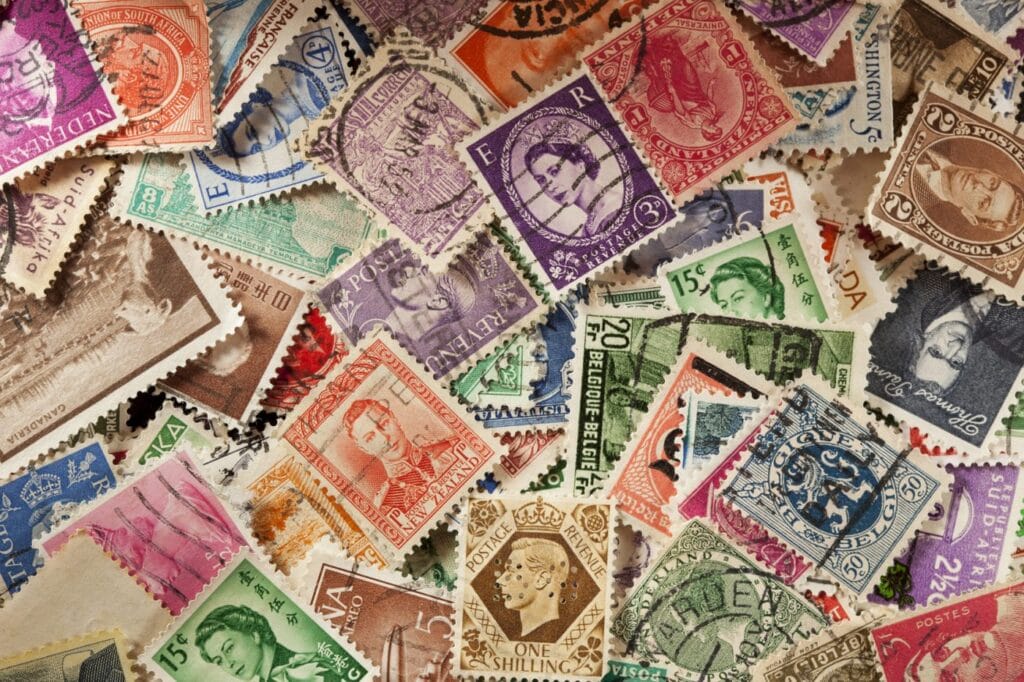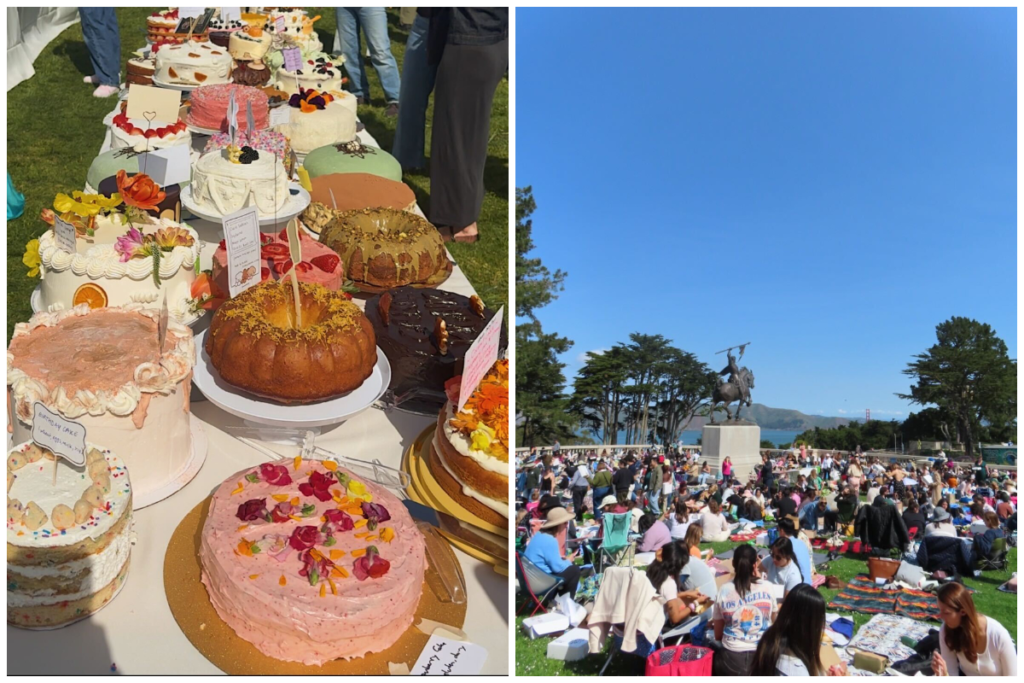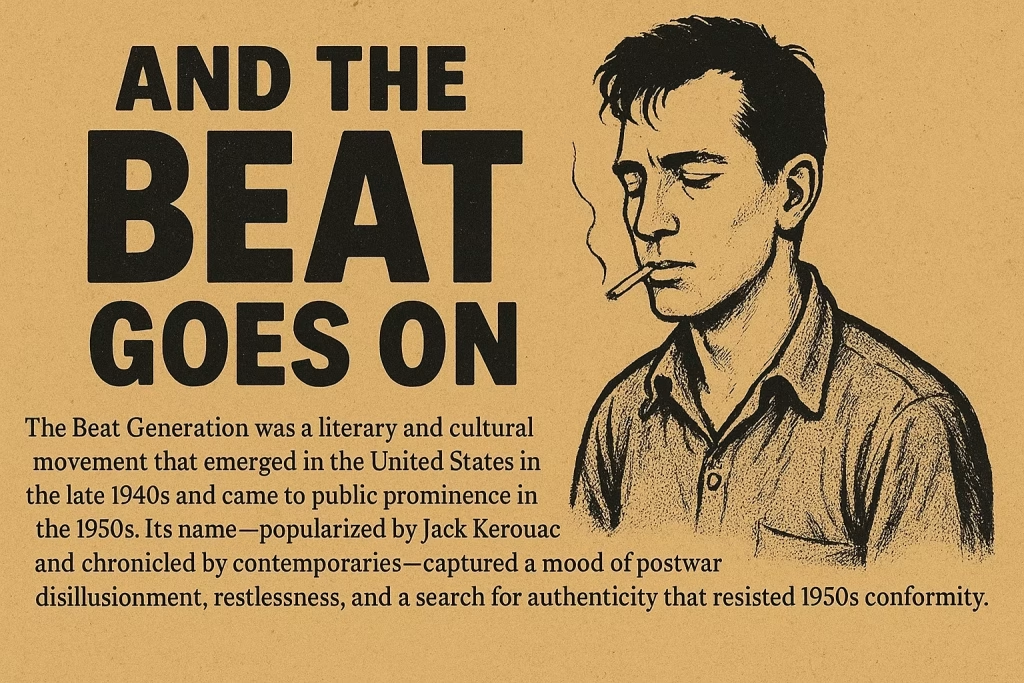The Beat Generation was a literary and cultural movement that emerged in the United States in the late 1940s and came to public prominence in the 1950s. Its name—popularized by Jack Kerouac and chronicled by contemporaries—captured a mood of postwar disillusionment, restlessness, and a search for authenticity that resisted 1950s conformity.
Roots and Influences
Beats drew on diverse currents: wartime trauma and suburban boredom, jazz’s improvisational rhythms, urban marginality, interest in Eastern spirituality, and experimental drugs and sexuality. The group coalesced around New York and later San Francisco, where readings, small presses, and coffeehouses incubated its raw, spontaneous styles. Key early meetings among Kerouac, Ginsberg, and William S. Burroughs at Columbia University set the social and creative stage.
Was it worldwide?
While the Beats were primarily an American phenomenon, their books and ideas quickly reverberated abroad. Translations of Kerouac, Ginsberg, and Burroughs influenced European avant-gardes, Japanese poets, and the 1960s counterculture, helping seed global networks of underground publishing, protest, and experimentation. The movement’s vocabulary—“beat,” “beatnik,” and spontaneous prose—became international touchstones.
Contributions and style
Literarily, the Beats dismantled formal constraints: Kerouac championed “spontaneous prose” in On the Road, making freewheeling travel a template for spiritual search; Ginsberg’s Howl fused confessional lyric with political outrage and helped overturn censorship; Burroughs pushed nonlinear, collage-like narratives and the cut-up method in Naked Lunch. Together they popularized open forms, performance readings, and a jazz-inflected cadence that reshaped late-20th-century literature and inspired later countercultural music, the folk revival, and subsequent punk and alternative movements.
Movers and shakers
Central figures included Jack Kerouac (voice of On the Road), Allen Ginsberg (Howl), William S. Burroughs (Naked Lunch), plus Neal Cassady (muse/driver), Gregory Corso, Lawrence Ferlinghetti (City Lights publisher), Gary Snyder, Diane di Prima, John Clellon Holmes, Herbert Huncke and others who fed its networks of readings, presses, and cross-pollinating friendships. Publishers like City Lights and Grove Press, the Howl obscenity trial, and public readings helped institutionalize free expression and alternative publishing ecosystems that carried forward into the 1960s and beyond.
Today their work remains taught, debated, and anthologized in universities worldwide.



